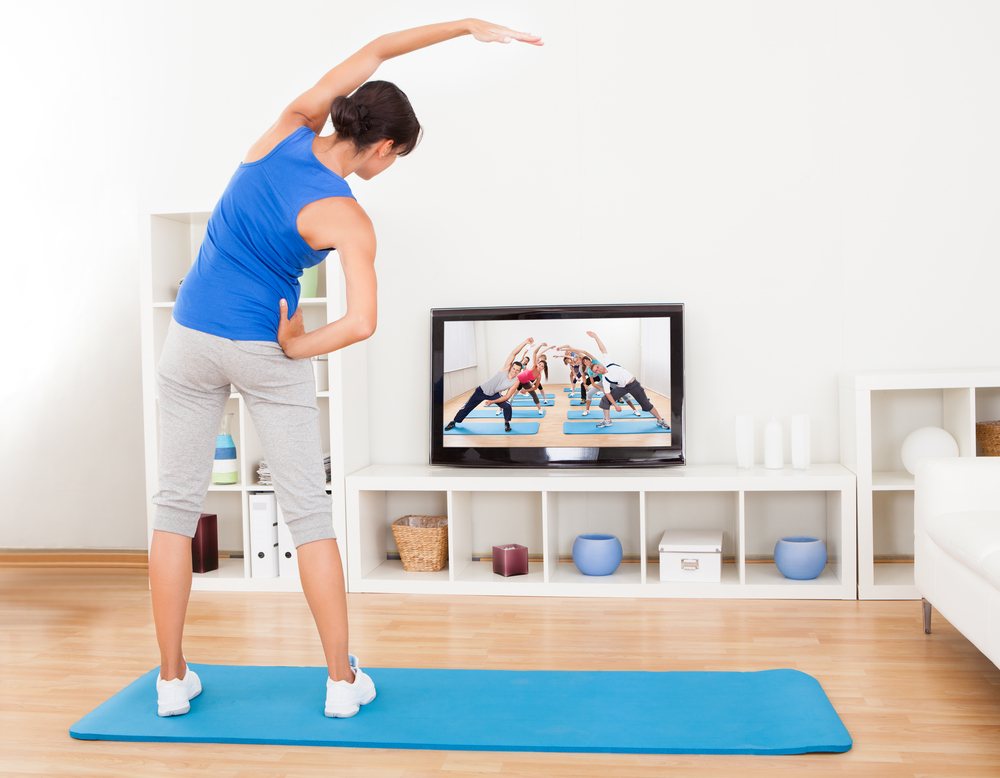#CMSC16 – Home DVD-Guided Exercise May Help Older MS Patients Improve Physical Function, Quality of Life
Written by |

Positive results from a home-based exercise intervention designed to target flexibility, toning, and balance for older adults with multiple sclerosis (MS), suggests that exercise is important for improving patient quality of life.
The study, “A Qualitative Study of a Home-Based DVD Exercise Intervention in Older Adults with Multiple Sclerosis,” was presented during the June 1-4 Consortium of Multiple Sclerosis Centers (CMSC) 2016 Annual Meeting, in National Harbor, Md.
Patients with MS often experience a loss of physical strength and ability which worsens with age. But research has documented that patients can improve physical function with a home-based, DVD-delivered exercise intervention that targets flexibility, balance, and toning.
The program was geared to improve mobility, strength, physical activity, flexibility, and overall quality of life in older MS patients. Better physical function, increased physical activity levels, decreased sitting time, and improved quality of life were reported in patients who underwent the DVD-based exercise program.
Researchers from University of Illinois at Urbana-Champaign and collaborators from Bellarmine University in Kentucky, used a qualitative methodology to further assess the benefits of the exercise. The team also sought to understand patient motivation for enrolling in the exercise intervention; and they gleaned positive and negative evaluations and improvement ideas for the program.
The study included 21 participants in the 6-month exercise intervention.
Interviews revealed that patients were motivated to participate in order to improve their health, increase exercise activity, and help the MS community with research. Overall, the exercise intervention increased patient fitness, improved health, and led to positive attitudes and greater self-confidence.
Most patients enjoyed the exercises and individual modifications that were made available, while some demonstrated negative experiences some technical aspects of the program and some physical impact and difficulty.
Participants suggested adding more exercise modifications to improve the program efficacy. Some suggested an option to contact program personnel when guidance is needed.
Researchers believe that the study results will advance DVD-delivered exercise intervention for MS patients to Phase 3 clinical trials.


